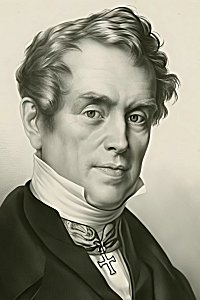O Lord, Thy heav’nly grace impart,
And fix, my frail, inconstant heart;
Henceforth my chief desire shall be,
To dedicate myself to Thee.
Whate’er pursuits my time employ,
One thought shall fill my soul with joy;
That silent, secret hope shall be,
That all my hopes are fixed on Thee.
Thy glorious eye pervadeth space;
Thy presence Lord, fills every place;
And, wheresoe’er my lot may be,
Still shall my spirit cleave to Thee.
Renouncing every worldly thing,
And safe beneath Thy spreading wing,
My sweetest thought henceforth shall be,
That all I want I find in Thee.
